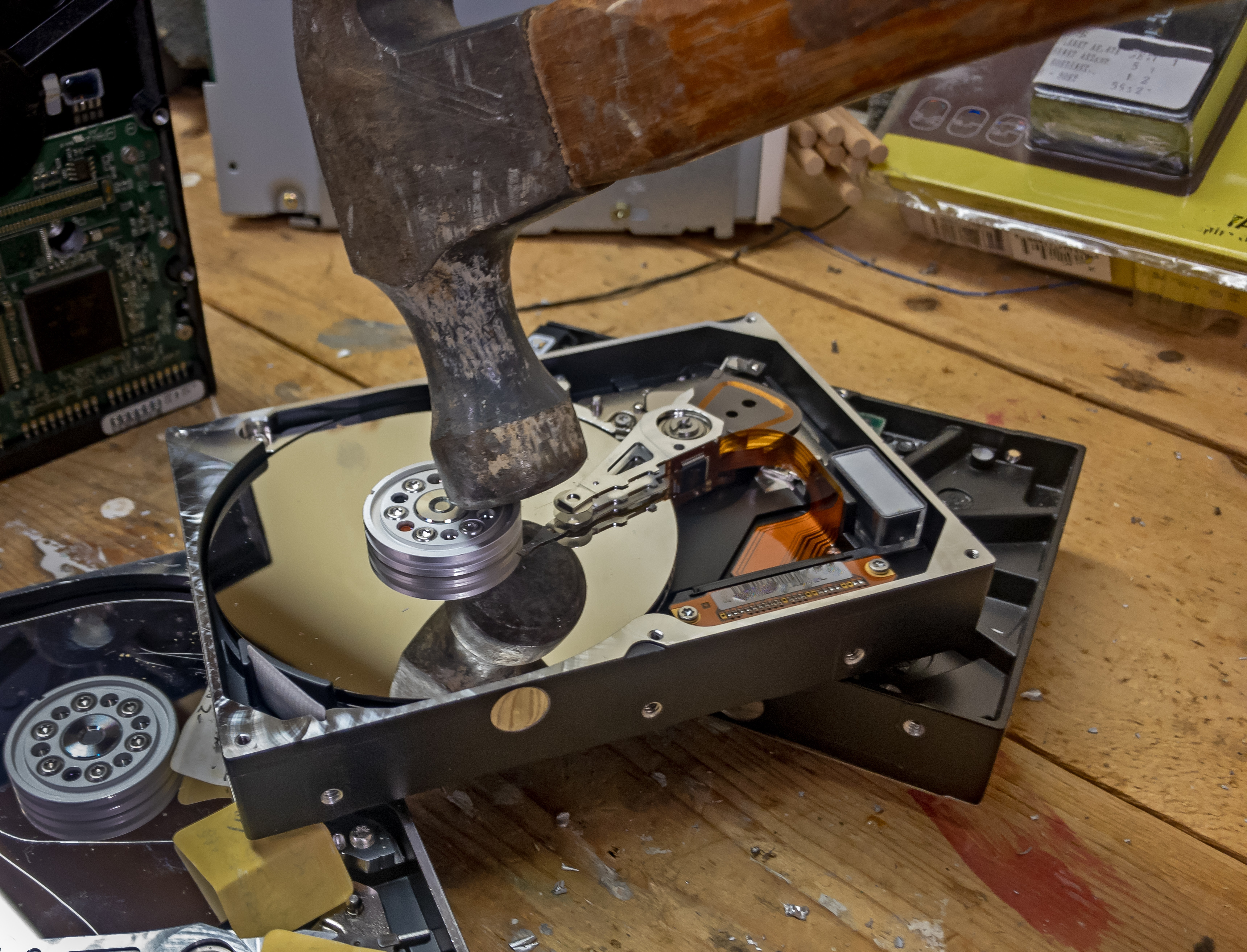The Importance of Inculpatory Evidence in Criminal Law: A Comprehensive Guide

When it comes to criminal law, the concept of evidence plays a crucial role in determining the guilt or innocence of an individual. Inculpatory evidence, specifically, holds immense significance in criminal trials.
Understanding the definition, distinction from exculpatory evidence, and the importance of inculpatory evidence can greatly impact the outcome of a case.
If you or someone you know is facing criminal charges, it is crucial to seek the help of an experienced criminal defense attorney who can effectively navigate the complexities of evidence in a trial.
The Defenders is a trusted and experienced criminal defense law firm in Nevada that can provide you with the best legal representation for your case. We have a team of skilled attorneys who are well-versed in criminal law and can fight for your rights with utmost dedication. Contact our office today for a free case evaluation.
What is Inculpatory Evidence?
Inculpatory evidence refers to any kind of proof that directly links an individual to the commission of a crime.
It is evidence that supports the prosecution’s case and helps establish the defendant’s culpability or guilt. It can range from physical objects found at the crime scene, to witness testimonies, or video surveillance.
These can all be used by the prosecution to establish the defendant’s guilt beyond a reasonable doubt.
It is important to remember that the absence, mishandling, or misinterpretation of inculpatory evidence could potentially affect a case’s trajectory and result in miscarriages of justice. As such, it’s crucial for everyone involved — from the investigators collecting evidence to the attorneys presenting it in court — to treat this aspect of criminal law with the utmost professionalism, precision, and care.
The Distinction Between Inculpatory and Exculpatory Evidence
While inculpatory evidence points to the defendant’s guilt, exculpatory evidence, on the other hand, tends to favor the defendant and suggests their innocence. Both types of evidence play a pivotal role in criminal trials as they contribute to the overall assessment of a case.
The ability to accurately interpret and present this type of evidence is a critical aspect of successful prosecution in criminal law.
The Importance of Inculpatory Evidence in Criminal Law
Inculpatory evidence holds immense importance in criminal law for several reasons.
First and foremost, it helps establish the defendant’s guilt beyond a reasonable doubt, which is the standard of proof in criminal cases. It serves as the backbone of the prosecution’s case. This type of evidence directly implicates the defendant in the crime in question, providing a solid ground for accusations.
Remember, the burden of proof lies with the prosecution in criminal cases. They must present compelling inculpatory evidence to prove beyond a reasonable doubt that the accused is guilty. Without such evidence, the prosecution’s case crumbles, potentially allowing a guilty individual to walk free. Without strong inculpatory evidence, it becomes challenging for the prosecution to secure a conviction.
Inculpatory evidence also provides a clear narrative, connecting the dots between the crime and the accused. It helps the jury understand the sequence of events and the role of the defendant in those events. This clarity is crucial for a fair trial and a just outcome.
Inculpatory Evidence in Nevada
Inculpatory evidence plays a significant role in the judicial system of Nevada, just as it does in any other jurisdiction.
NRS 174.235 stipulates that the prosecuting attorney must disclose certain types of information, including inculpatory evidence. This rule ensures transparency and fairness in criminal proceedings, allowing the defendant to adequately prepare their defense.
It’s important to note that the defense also needs to properly disclose any exculpatory evidence they may have to the prosecution. This exchange of information helps maintain a level playing field and ensures that all parties involved have access to the necessary evidence for an impartial trial.
Failure to do so can result in a mistrial or other legal consequences for the attorneys involved.
Note that tampering or offering false evidence is a serious crime in Nevada, punishable by imprisonment and hefty fines.
Dealing with Violations
In some cases, there may be violations of laws surrounding inculpatory evidence. These violations could occur due to intentional suppression or mishandling of evidence by law enforcement or other entities involved in a case.
If such violations are discovered, it’s crucial for the defendant and their legal team to take immediate action. This can include filing a motion to suppress evidence, requesting a new trial, or appealing the conviction.
The Role of a Criminal Defense Lawyer
Given the complexity and potential consequences of criminal cases, it is crucial to seek the guidance and expertise of a qualified lawyer. A skilled criminal defense attorney understands the nuances of inculpatory evidence and its impact on the case. They possess the knowledge and experience to analyze the evidence, identify weaknesses, and develop a strong defense strategy.
A lawyer will ensure that the defendant’s rights are protected throughout the legal process. They will thoroughly investigate the inculpatory evidence, challenge its validity if necessary, and explore all possible avenues to establish reasonable doubt. Additionally, a lawyer can negotiate with the prosecution for potentially favorable plea deals or represent the defendant in court during trial.
Strategies for Handling Inculpatory Evidence
Handling inculpatory evidence requires a strategic and meticulous approach. A skilled defense attorney will employ various strategies to challenge the validity, integrity, or interpretation of the evidence. These strategies may include:
- Cross-Examination: During the trial, the defense attorney can cross-examine witnesses who provide inculpatory statements, highlighting inconsistencies or potential biases.
- Expert Testimony: Engaging expert witnesses can help challenge the scientific validity or interpretation of inculpatory evidence, such as forensic analysis or DNA testing.
- Suppression Motions: If the defense believes that the inculpatory evidence was obtained unlawfully or in violation of the defendant’s rights, they can file suppression motions to exclude the evidence from trial.
- Alternative Explanations: The defense can present alternative explanations or theories that cast doubt on the interpretation or significance of the inculpatory evidence.
The Impact of Inculpatory Evidence on the Outcome of a Case
Inculpatory evidence can significantly impact the outcome of a criminal case. Strong and compelling inculpatory evidence can make it difficult for the defense to overcome the burden of proof. Conversely, weak or questionable inculpatory evidence can be challenged effectively by the defense, potentially leading to an acquittal or reduced charges.
The interpretation and presentation of inculpatory evidence play a crucial role in shaping the narrative of a case. Skilled attorneys employ strategies to cast doubt on the prosecution’s case and effectively challenge the inculpatory evidence presented.
It is not uncommon for inculpatory evidence to be the deciding factor in a jury’s decision.
In some cases, lawyers from either side may try to introduce or exclude certain pieces of evidence, which can lead to wrongful convictions or acquittals. This is why it’s essential to have a competent legal team on your side, who can navigate the complexities of inculpatory evidence and ensure a fair outcome.
Facing Legal Trouble? Hire The Defenders
Inculpatory evidence plays a vital role in criminal law, serving as a cornerstone of the prosecution’s case. Its importance in establishing guilt cannot be understated. Understanding the distinction between inculpatory and exculpatory evidence, the rules surrounding evidence disclosure, and the strategies employed by skilled attorneys is essential for navigating the complexities of criminal trials. For individuals facing criminal charges, hiring a knowledgeable and dedicated lawyer is crucial to ensure their rights are protected and a fair defense is mounted.
Contact The Defenders, a criminal defense law firm based in Las Vegas, Nevada, to receive expert legal guidance and support in your criminal case. Our experienced attorneys are committed to providing personalized and effective representation, helping you navigate the intricacies of inculpatory evidence and securing the best possible outcome for your case.











